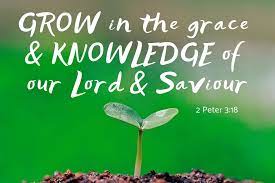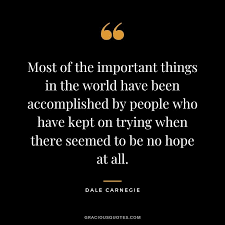What does surrender look like?
To surrender means to give up power, control, or possession of a thing. It is often used in military terms to express a point of “handing over” a town or a fortification to an enemy. It is punitive, in nature, when viewed from this vantage point.
However, from a spiritual standpoint, surrendering offers greater benefit when viewed from our loving God. Spiritual surrender (surrender to God) is based on His grace and love (Eph. 2:4-8). Through His Holy Spirit, we respond with trust and obedience. We learn to surrender to God!
Sin and surrender
Sin and surrender have more in common than their first letter. Sin has at its core the stubborn resistance to surrender oneself to the authority and rule of God. Remember Adam and Eve?
Often, we fail to see the spiritual reality of these two conflicting influences in the world. Each day we, unknowingly or knowingly, choose one we will surrender to. Who will rule, control, and influence our life? This requires that we continually examine our position of surrender. In his letter to the church in Rome, the Apostle Paul makes clear this truth.
Do you not know that if you present yourselves to anyone as obedient slaves, you are slaves of the one whom you obey, either of sin, which leads to death, or of obedience, which leads to righteousness? (Rom. 6:16)
God Expects Our Surrender
Surrendering to God allows the Holy Spirit to accomplish the plans and purpose that God has created for us (2 Tim. 1:9). Through our surrender, we understand and live a life that reflects our prayer, “Thy kingdom come. Thy will be done on earth, as it is in heaven” (Matt. 6:10).
The perfect example of surrender is seen in the life and ministry of Jesus Christ. He often proclaimed that His life was focused only on the things of God. God’s will versus His own (John 8:29). Revisit Jesus’ prayer in the Garden of Gethsemane and see how the Holy Spirit undergirded our Savior as He agonized between His fleshly will and the will of the Father (Matt. 26:38-42). Strengthened by an angel, Jesus fulfilled the purpose for which He came to earth to save mankind.
Absolute Surrender
In his book, Absolute Surrender, Andrew Murray gives a key as to why we must surrender to God.
You know in daily life what absolute surrender is. You know that everything has to be given up to its special, definite object and service. I have a pen in my pocket, and that pen is absolutely surrendered to the one work of writing, and that pen must be absolutely surrendered to my hand if I am to write properly with it.
If another holds it partly, I cannot write properly. And now, do you expect that in your immortal being, in the divine nature that you have received by regeneration, God can work his work every day and every hour unless you are entirely given up to him? God cannot.[1]
For God to accomplish His purpose in our life, we must be absolutely surrendered to Him.
[1] Absolute Surrender and Other Addresses, Andrew Murray










